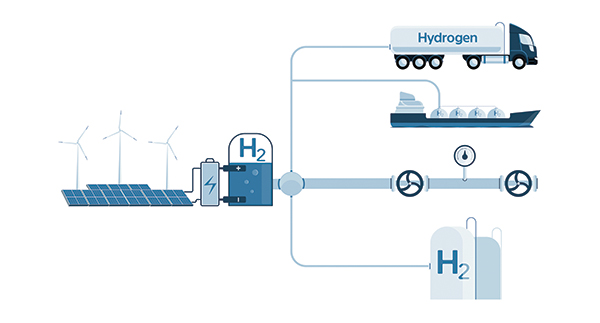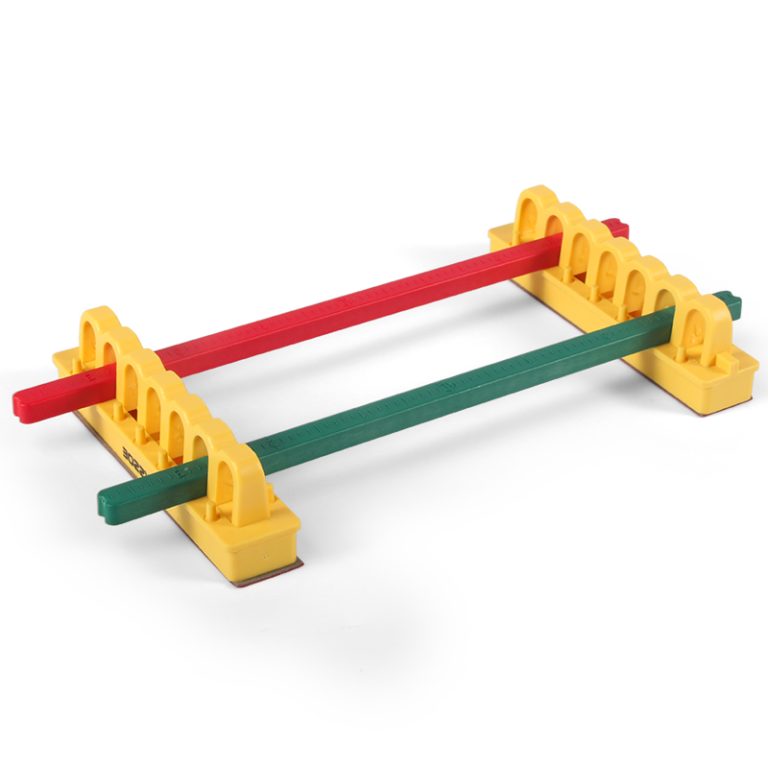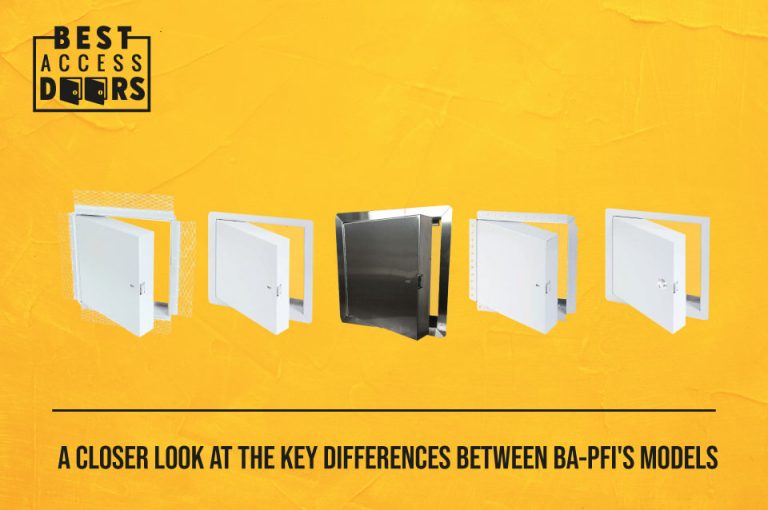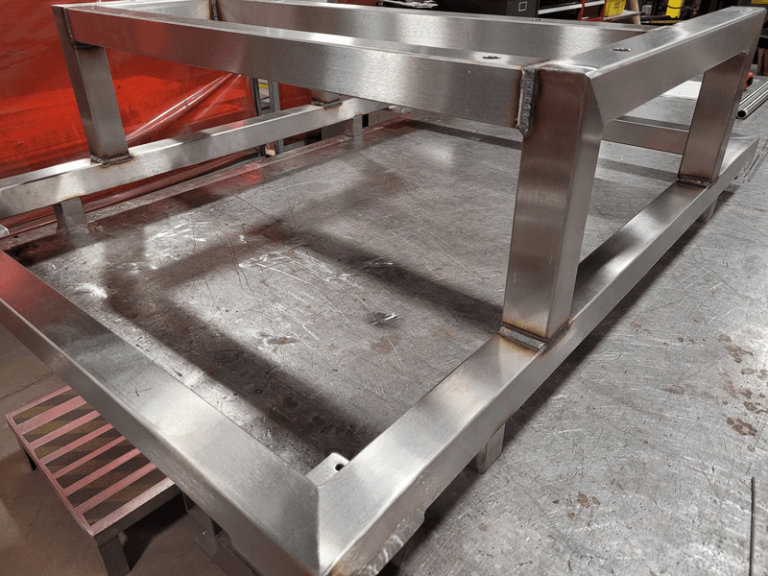‘White Goods’ and Your Responsibilities as a Landlord
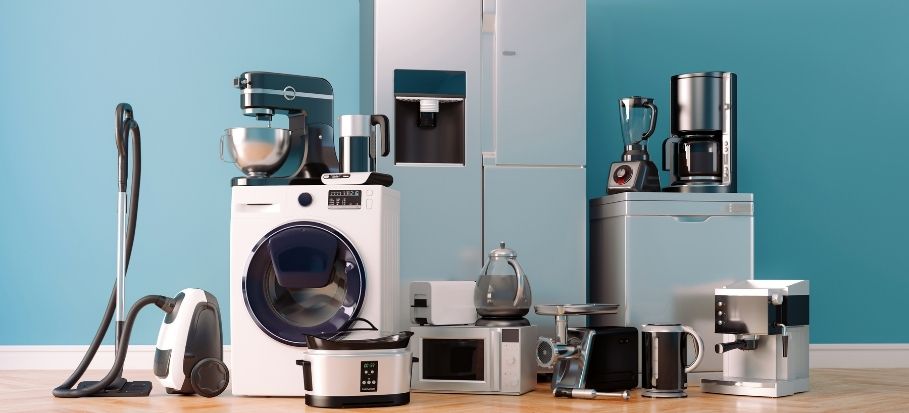
Preparing an apartment for renting is hard work. Apart from renovating and tidying the apartment to ensure the place has “fit for living” conditions, you need to think of what appliances you should provide, if any at all.
Even if you market your property as “unfurnished”, tenants nowadays still expect the presence of home appliances. But you might have already thought about it. After all, you wouldn’t be here researching what white goods responsibilities as a landlord you have. So, without further ado, let us take you through the main landlord’s obligations regarding white goods.
So, if you are:
- A landlord, who supplies the white goods in your rental property,
- Someone who wants to know who is responsible for the malfunctioning of the white goods,
- A landlord, who is still hesitating whether you should supply white goods,
Then keep on reading!
What are “white goods”?
Home appliances are called “white” because of their typical white enamel finish. Usually, those are large home appliances, installed in the kitchen and bathroom. In the rental agreement, you can see them referred to as major kitchen appliances. So, for you not to wonder what white goods are, here is the list:
- Fridges and freezers;
- Washing machines and tumble dryers;
- Microwaves;
- Dishwashers;
- Water heaters and boilers;
- Air conditioners;
- Cookers and hobs.
Do landlords have to provide white goods?
Even though it is expected to include white goods in rental properties, landlords don’t have to supply white goods. The decision is entirely up to them.
If you wish to target a specific group of tenants, you might want to let your apartment fully empty. Those tenants are mostly older tenants and families that over time have purchased enough items to not depend on any provided amenities.
However, this will significantly cut your chances of attracting a majority of tenants. Keep in mind that the availability of basic home appliances, like fridges, cookers, and washing machines, is considered a standard by many. Not everyone can afford to buy their own appliances.
Who is responsible for white goods repair?
It’s a common misconception that once a landlord/landlady fits the property with the major appliances, he/she is entirely responsible for the repairs and replacement of those. Section 11 of the Landlord & Tenant Act 1985 clearly states that the lessor is obliged:
“…to keep in repair and proper working order the installations in the dwelling-house for the supply of water, gas and electricity and for sanitation (including basins, sinks, baths and sanitary conveniences, but not other fixtures, fittings and appliances for making use of the supply of water, gas or electricity)”
Unless the landlord includes a clause in the tenancy agreement, stating that he/she takes full responsibility for the repair and replacement of the white goods, then the landlord isn’t obliged to do so. However, this does not apply to fair wear and tear or any out-of-tenants’-control faults. You shouldn’t hold your tenants responsible for the repair of an appliance that got broken simply because it’s 10 years old and was on its last legs.
Generally, the same applies in regards to who is responsible for blocked drains. If your tenants caused a blockage themselves, they are responsible for dealing with it.
“But what about maintenance?” you ask.
Well, it is important to remember that landlords are still liable for providing the appliances in proper working order. This means that all appliances should pass the necessary safety checks. It is still the landlord’s obligations to routinely call in a certified specialist to perform a gas safety inspection every year and electrical safety inspections every five years.
All of that sounds confusing, right? That is why some landlords prefer to purchase an extended warranty for their appliances. Usually, a new appliance has a one- or two-years warranty, depending on the manufacturer. An extended warranty definitely saves you some headaches in the case of unexpected technical faults – your tenants can simply contact a repair specialist directly. You can consider one more option and save yourself and your tenants the hassle of searching for reliable help. By choosing a landlord boiler and central heating cover you invest in your peace of mind.
What to do if you don’t have an extended warranty?
Call Fantastic Services! The highly professional repairmen we count on will fix your home appliances in the blink of an eye. We understand that your time is valuable, that is why the engineers we work with bring quality spare parts, too. If the expert requires an additional replacement part, you can be sure that you won’t need to travel all around the city in search of it – they will do that for you. You can expect the job to be done fast and efficiently. So, what are you waiting for? Book your appliance repair service with one click!
Need a professional to take care of your home appliances?
Find one now!
- We’re certified:

Takeaways
To sum up, all of the landlord’s white good responsibilities are:
- The landlord is not obliged to repair and replace any white goods;
- He/she can take personal responsibility regarding the repair and replacement of the white goods, however, this should be included in the tenancy agreement;
- If you include a clause stating that the tenants are responsible for any appliance repairs, communicate this to them before signing the tenancy agreement;
- Tenants are not responsible for damage caused by fair wear and tear;
- The appliances should be provided in good working condition and they should meet all safety standards.
If you want to know more about your responsibilities, plus a helpful tip or two, check out our collection of advice for UK landlords!
Disclaimer: Every piece of information here is meant for informational and educational purposes only. So please, do not use this as a definitive legal basis. Fantastic Services encourages you to seek authority professional counsel before you decide to act upon what you have read. For more information, check our disclaimer.
***
Did you find our post helpful? Please, share your thoughts in the comments below!
Image source: shutterstock / Digital Genetics


